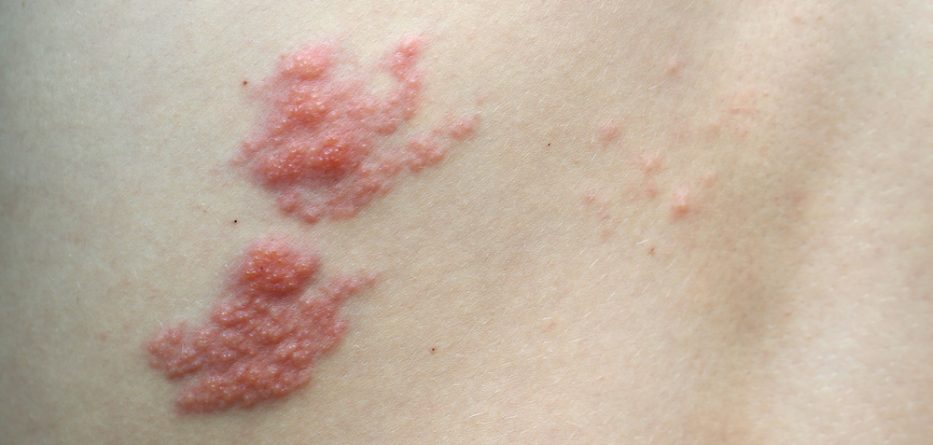(or ) treats several viruses, including shingles in adults. is an antiviral drug, which means it stops the growth of some viruses. It is a treatment option, but it is not a cure. There is no cure for shingles, unfortunately. However, with the use of medications like , the severity and length of virus outbreaks can be reduced. Antiviral drugs such as can help to heal shingles sores faster, keep new sores from forming, and reducing the itching and pain caused by shingles.
is an oral medication, to be taken with or without food. It needs to be taken with plenty of fluids to lower the chance of side effects.
Most people using do not experience serious side effects. However, if you do experience any, speak to your doctor as soon as possible. Side effects include:
- nausea
- stomach pain
- headaches
- dizziness
More serious side effects may include:
- mental/mood changes, such as agitation, confusion, and hallucinations
- trouble speaking
- shaky/unsteady movements
- signs of kidney problems, such as a change in the amount of urine
may also cause a life-threatening disorder affecting the blood cells, kidneys, and other parts of the body. Although, this is more likely to occur if you have conditions relating to a weakened immune system.
works best when used at the first sign of an outbreak. With shingles, it should be taken at the first symptom, or as soon as possible after the rash appears. It also works best when the amount in your body remains at a constant level. should be taken at evenly spaced intervals, so try taking it at the same time(s) each day to help manage this.
Talk to your doctor about . requires a prescription and a doctor or healthcare professional will be able to give you exact directions for taking the medication.
Featured image: KrzysztofWinnik via DepositPhotos




